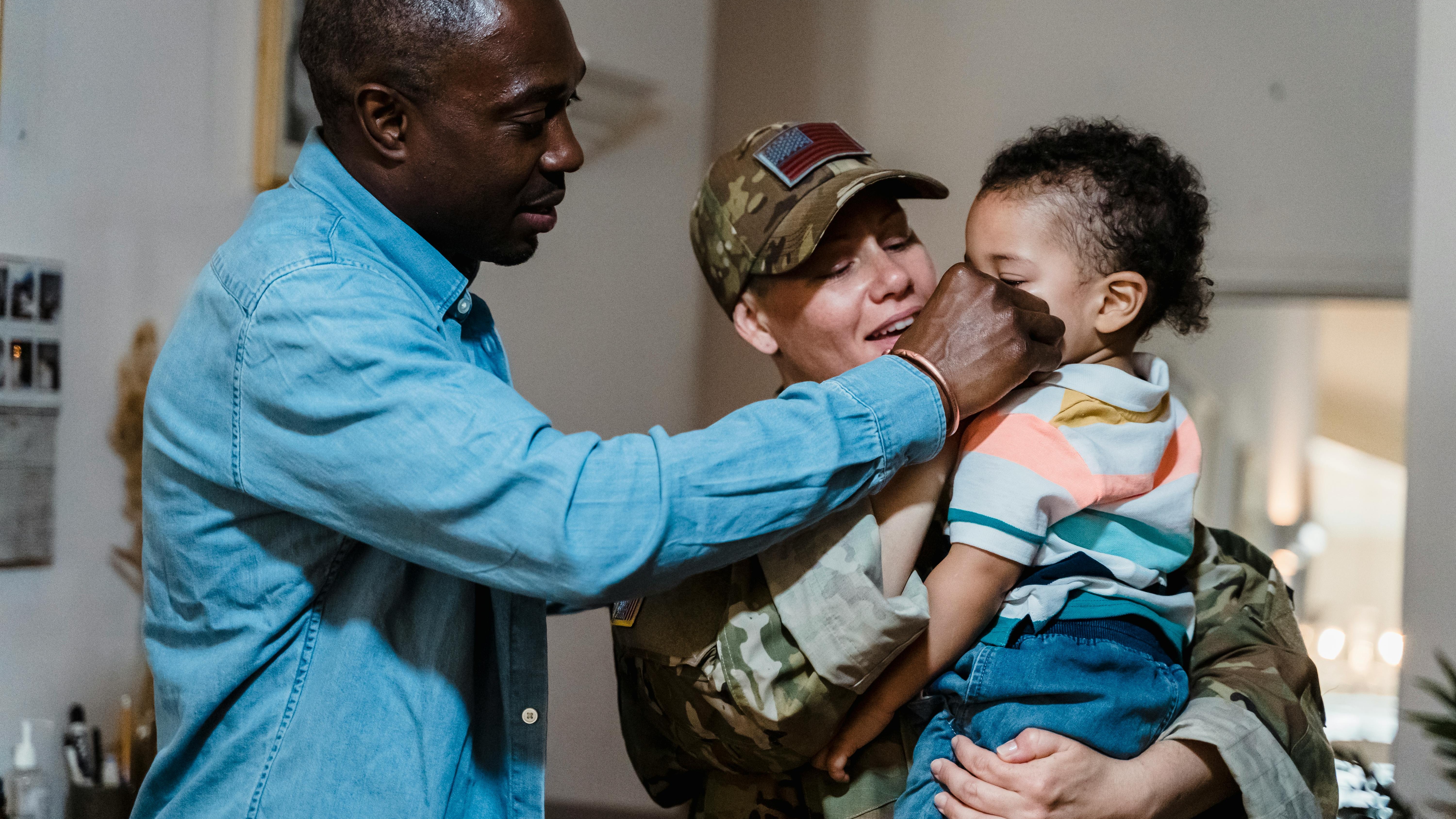
Choosing Family Over Rank: A Military Perspective
Retiring at just 20 years of military service may seem unconventional, especially in an institution that often prioritizes duty and rank. Yet, for many service members, the choice to retire early is a moment of profound clarity, where family considerations take precedence over ambition. In my own journey, I discovered that the decision to step back was not a retreat, but a strategic pivot towards what matters most—my family.
A Journey of Sacrifice and Growth
Reflecting on two decades in the military, it’s evident that my path, like many others, was shaped significantly by the events that propelled me into the service. My formative years coincided with pivotal moments in history—the September 11 attacks indelibly marked my ambition to serve. Over the years, I gained a wealth of experiences, from active combat to significant leadership roles. However, personal evolution often prompts a reassessment of such commitments, especially with a family waiting at home.
The Crucible of Deployment: A Wake-Up Call
Deployment looms large in the minds of active-duty service members, often dictating the course of their personal lives. Just one difficult deployment could shift priorities permanently. During my tour in Afghanistan, I grappled with the dual identity of a soldier and a father. Each day spent away from my infant son carved away at my sense of duty to my family. This disconnect urged me to contemplate the larger picture of my military career and its toll on my home life.
Family Dynamics in Military Life
As I articulated in discussions with my wife, the military ethos often breeds an environment where commitment to the mission overshadows personal needs. This is compounded by statistics from the Department of Defense that reveal military leaders frequently have children who are older at the time of retirement. I realized that opting for retirement at 20 would allow me to engage more deeply with my children during their formative years, aligning with the prevalent narrative of balancing military life with familial responsibilities.
The Emotional Weight of Military Identity
One significant lesson from my experience is recognizing how heavily identity can be tied to one’s career in the military. As serving members, we often default to our roles as soldiers, allowing that identity to supplant other essential facets of life, such as personal growth and social connections. It took open discussions with loved ones—and a seasoned therapist—to unveil how deeply ingrained my identity as a soldier had become, often at the cost of familial closeness.
The Strategic Shift: Planning for the Future
After considerable introspection, I devised a plan that embraced retirement while aligning family, personal values, and professional aspirations. By leaving the military after 20 years, I not only created space for family interaction but also ignited a desire for lifelong learning and growth outside of the military framework. This orchestration created a blueprint for navigating my next chapter with confidence—not as a soldier, but as a dedicated family member and resilient individual.
Values and Leadership Beyond The Ranks
More than just a career decision, this journey emphasizes a significant paradigm in leadership. Military leaders must recognize that the strength of their influence extends beyond operational success; they are responsible for nurturing the familial and social health of those they lead. In fostering an environment that values family, leaders reflect the same virtues of courage, commitment, and valor that we uphold on the battlefield.
Honoring Our Heroes: The Legacies We Leave
Every military story of valor serves as a reminder that true heroism thrives not merely on the battlefield, but within our homes. Choosing to retire young might initially appear as a sacrifice of personal ambition, but it resonates deeply with themes of bravery, familial dedication, and the courage to prioritize love and life over rank and responsibility.
Final Thoughts: Intentional Leadership and Future Directions
The act of choosing family over battalion command isn’t a sign of weakness; it is a poignant act of leadership and prioritization. I call upon my fellow service members—whether active duty, veterans, or leaders in different sectors—to consider the immeasurable value in fostering connection and ensuring that legacies are built around family. As we move forward, may we continue to innovate in leadership, navigate new landscapes, and celebrate the many forms of valor that define our service.
 Add Row
Add Row  Add
Add 




Write A Comment